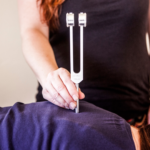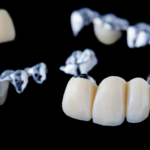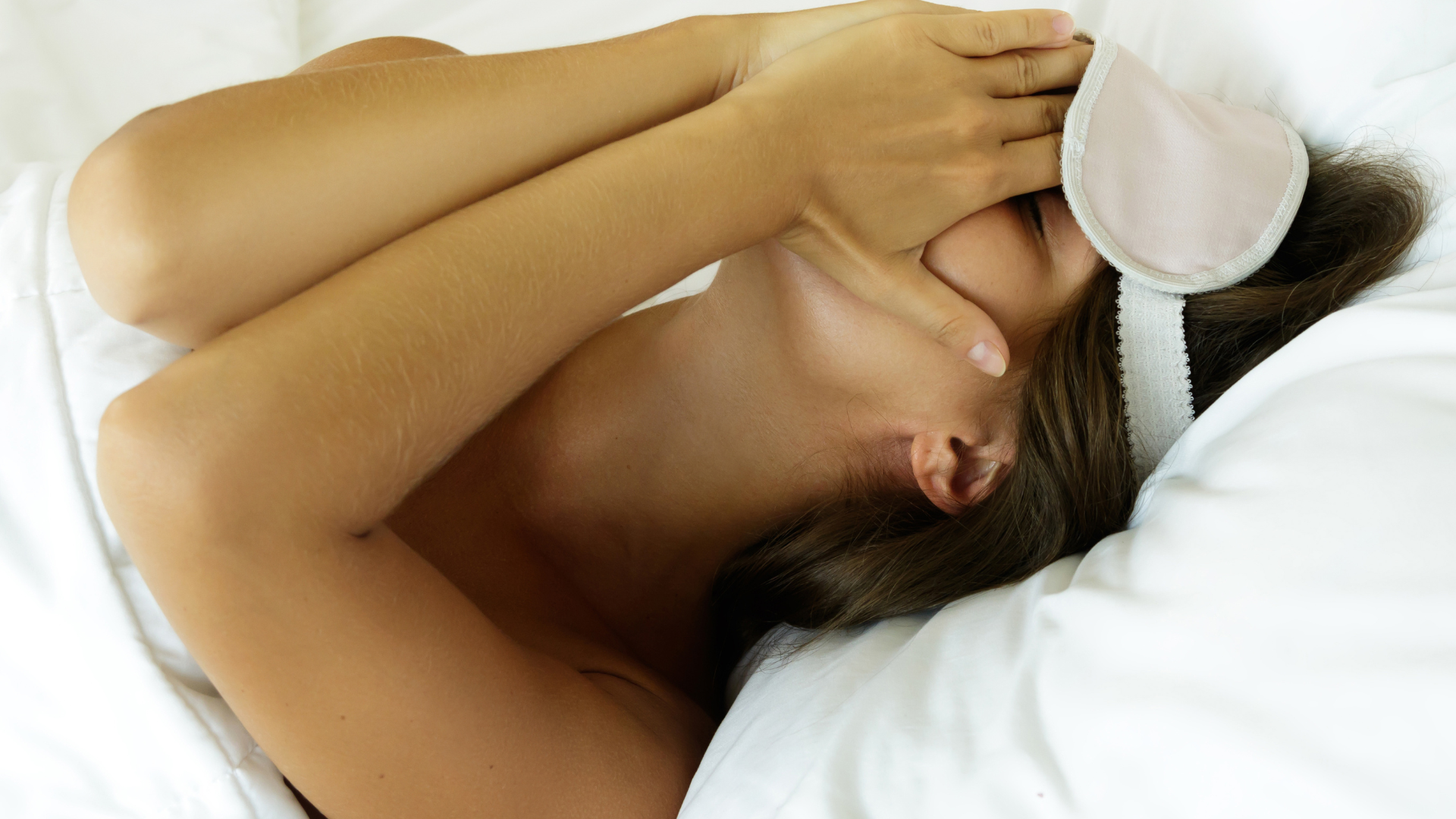
What Are Some Rare Sleep Disorders That People Don’t Know About?
Many people have some type of sleep disorder, whether it is sleep apnea, narcolepsy, insomnia, sleep talking, and so on.
A few of these are either brought on by some sort of drastic change in life, yet require minimal treatment. Insomnia and light sleeping, for instance, can be managed by simply exercising before bed or taking medicine. Even home remedies such as using some THCa Flower every now and then could suffice.
However, there are some sleep disorders that are a lot less common which not many people will know about as there is less information surrounding them.
In today’s article, we will delve into the world of rare sleep disorders so you can learn more about what they are and how you can be affected by them.

Let’s Understand Common Sleep Disorders First
Before delving into the realm of rare and lesser-known sleep disorders, it’s crucial to understand the more common sleep conditions that affect a significant portion of the population.
Conditions like insomnia, sleep apnea, restless leg syndrome, and narcolepsy are well-documented and can significantly impact one’s quality of life. If you or someone you know is struggling with these more prevalent sleep disorders, it’s essential to seek professional guidance and explore treatment options.
Additionally, for those who are interested in getting cannabis to treat sleep issues, websites like https://procannabis.com/ can provide a variety of options. It’s important to note that this course of action should be ideally pursued after consulting with a doctor.
Now, before we shine a light on some of the fascinating but less-discussed sleep disorders that might not be on your radar, let’s first understand how they can be treated.
Getting Professional Help
If you think that you may have a sleep disorder or even a rare sleep disorder, it is essential that you go to your doctor to be tested.
It could be attributed to the current medication you are taking, or it may be deeper than that, this is why if you think that your normal sleep pattern has been messed up and you are worried about falling asleep, you need to flag this up as you may be referred to a sleep medicine specialist to get you the help you need to get better.
They will assess your condition, by asking some relevant questions or carrying out certain tests and then will prescribe a medicine or a detailed therapy suited to your condition and body type. In some cases, they may even prescribe CBD (available on online dispensaries like skyhighmeds), which is a cannabinoid derived from hemp plants. It is known to be effective in treating certain medical conditions, and can work wonders in treating problems related to sleep.

REM Sleep Behavior Disorder
This type of disorder is shown through the patient violently acting out their dreams with an intense force.
When we fall asleep our bodies go into what we call REM sleep which means that our bodies should be in a state of paralysis, however, if you have REM sleep behavior disorder this either does not happen or REM sleep is incomplete.
Signs of REM sleep behavior disorder, also known as RBD, include actions such as screaming and violent behavior like kicking, grabbing, and punching whilst asleep.
This is a threat for the patients who have RBD as they can hurt themselves by doing these actions, but if they have a partner they sleep with, that can prove to be an equal threat to them too which may cause them their own sleep disorder such as sleep deprivation or chronic insomnia if they are afraid to fall asleep.
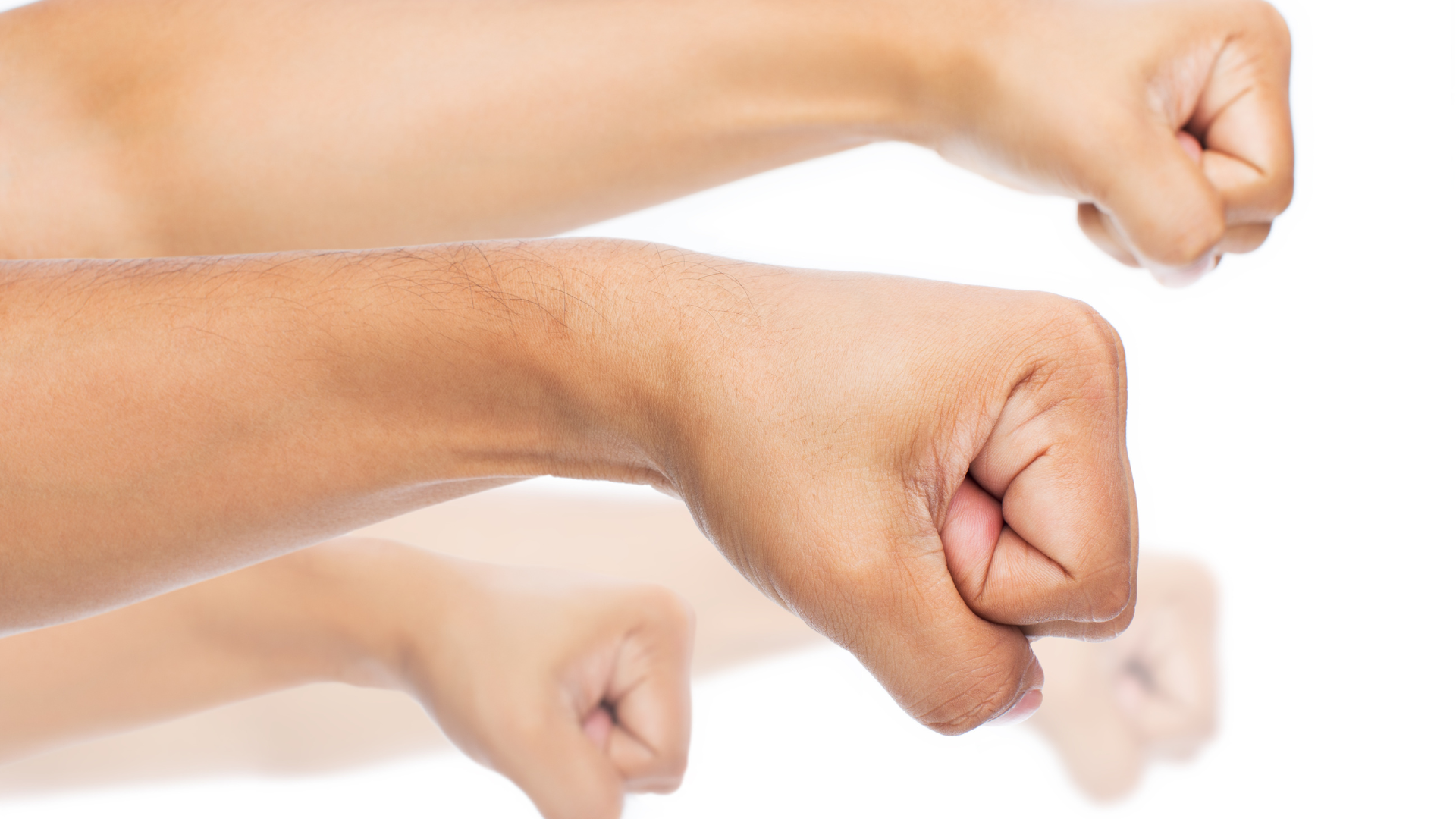
Fatal Familial Insomnia
This sleep disorder does sound quite bad and it is based on genetics.
Fatal familial insomnia is considered to be an inherited death sentence for patients who are showing signs of this disorder.
Once the first symptoms are noticed, the average lifespan that someone has with FFI is about 18 months.
This condition is extremely rare, and despite the fact that it is life-threatening, the genetic mutation that is responsible for people developing this disorder is only found in 40 families in the whole world.
FFI is diagnosed by people experiencing consistently worse insomnia which stops people from sleeping entirely, leading to delirium and confusion which is in a similar line with dementia.
FFI Testing
When someone is diagnosed with this disorder it is known to be, at this present moment, incurable, however, there is genetic testing that can be done to avoid passing this down to a child with research still in development to see if this disease can be slowed down.
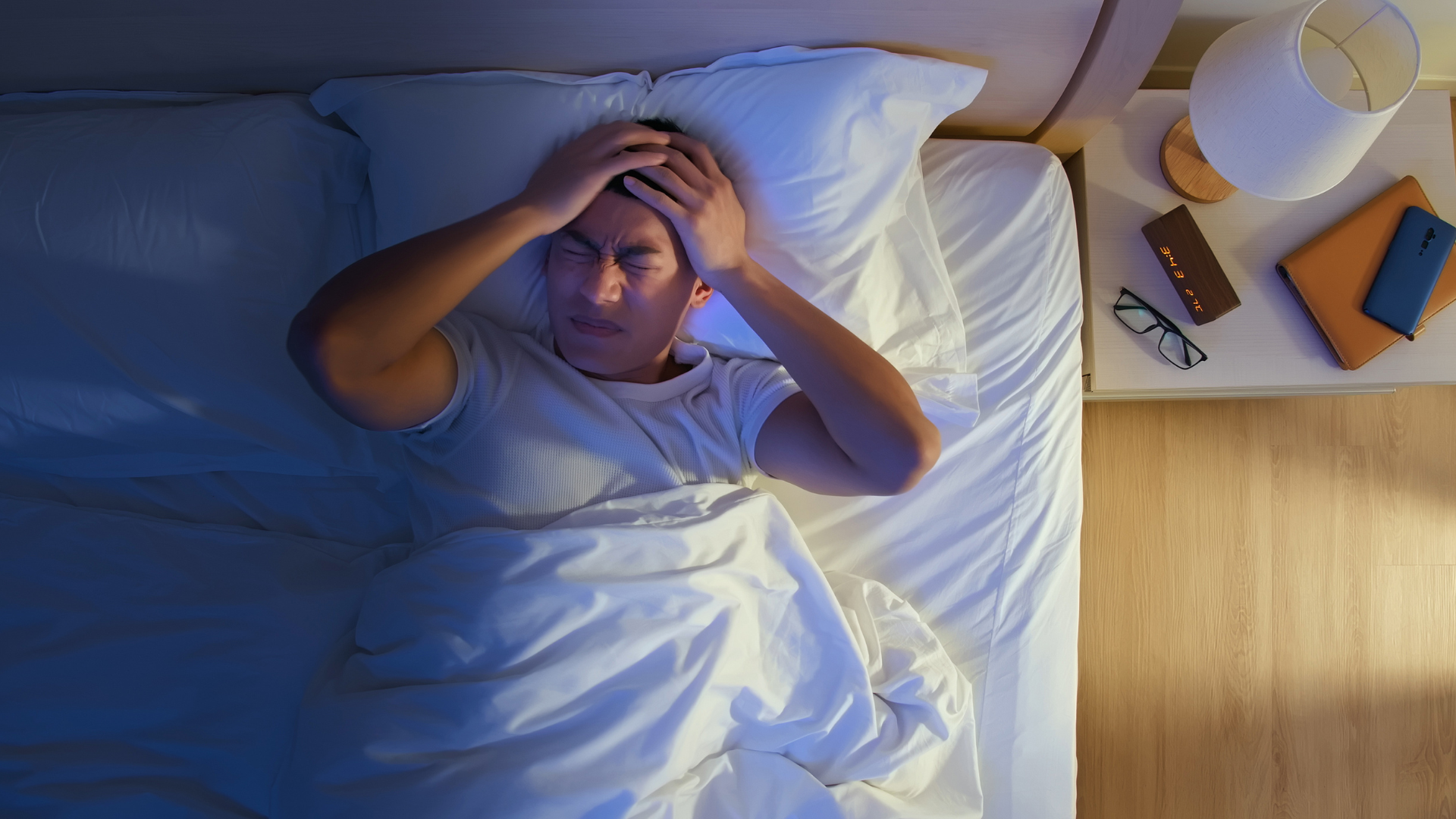
Recurrent Isolated Sleep Paralysis
You have probably heard a lot about sleep paralysis and how people have woken up not being able to move whilst being fully awake, with some people saying that they see things (sometimes characterized as a sleep paralysis demon).
Sleep paralysis is common in people and at least once in our lives, we will experience it, however, if this keeps occurring over weeks and months, then there is cause to be concerned.
People may experience hallucinations as well we hear voices, and they might feel like there is a huge weight on their chest which is making it hard for them to breathe.
It has been known that the reason behind this type of sleep paralysis could be to do with sudden interruptions during sleep.
Can Recurrent Isolate Sleep Paralysis Be Cured?
At this moment, meditation and breathing exercises have been said to offer relief to people who are dealing with RISP, but it is always important to go to a doctor first to get support.
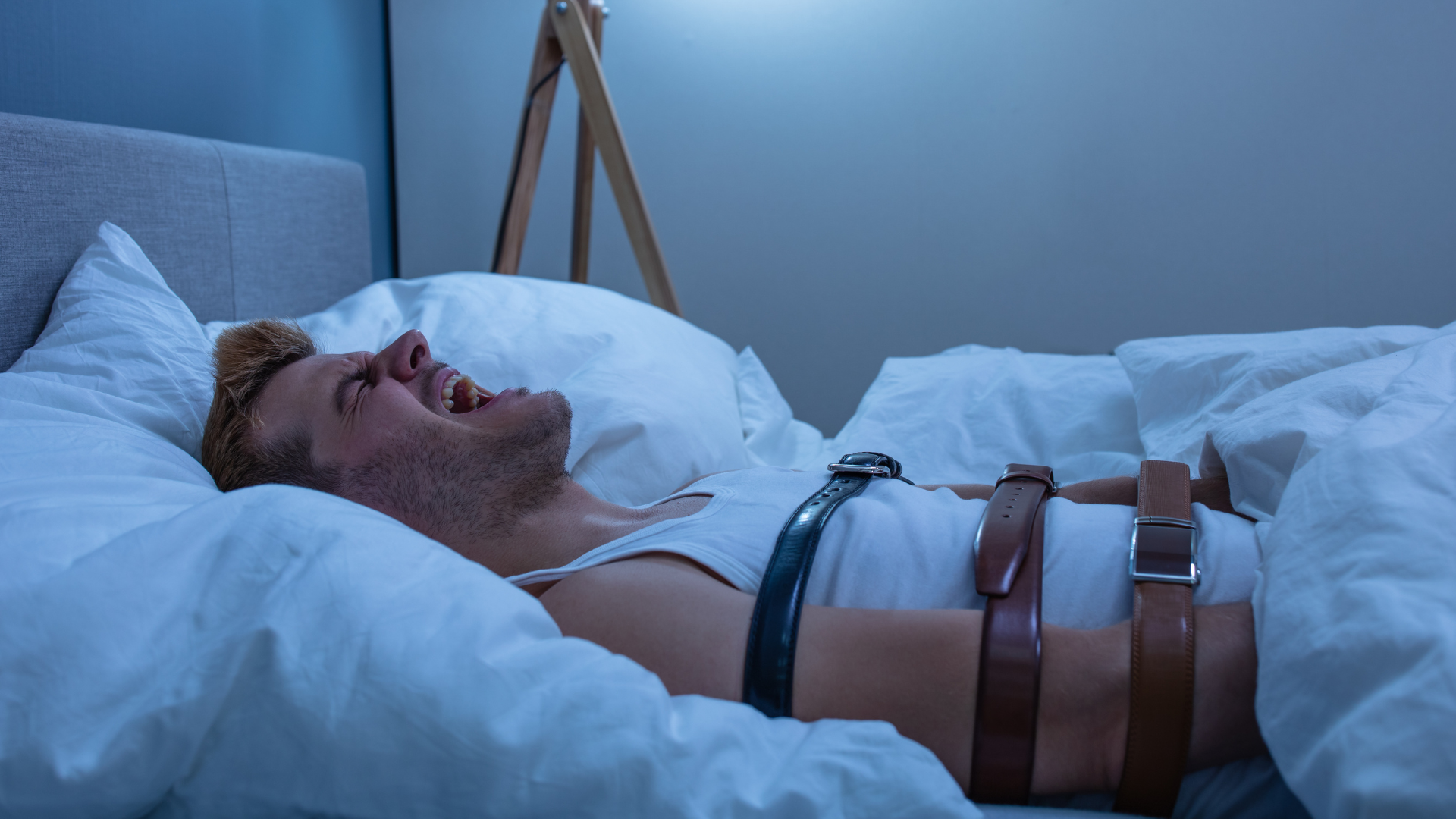
Kleine Levin Syndrome (Sleeping Beauty Syndrome)
A very pretty name for something not so ideal for people.
Those who have sleeping beauty syndrome will sleep between 12 and 24 hours over a few days or weeks.
It is mostly found in men about 70% of the time and patients who are going through this type of syndrome will have this issue between 2 and 12 times a year.
The effects that KLS has on the person suffering from it will have the urge to eat as well as experience headaches, and their sex drive will be affected with people feeling an increased need.
As of now, there is no known cause or cure for this disease, so people getting diagnosed do not have anything that they can use to help them through this problem.
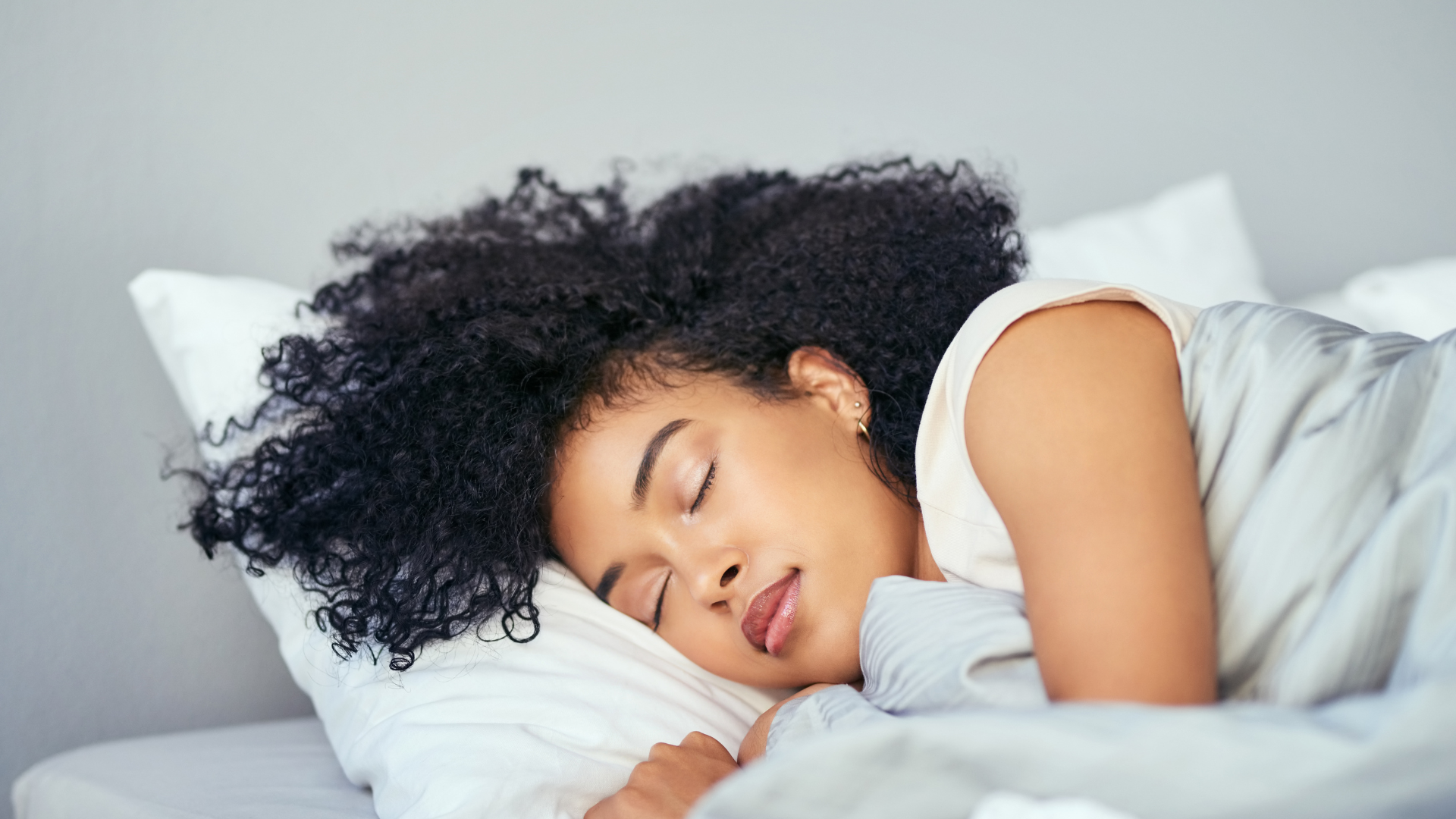
Exploding Head Syndrome
Sufferers who deal with exploding head syndrome will hear things inside their heads that sound like explosions, crashing symbols, gunshots, and basically any other loud noise as they are trying to sleep.
On the bright side, pain is not associated with this sleep disorder, although, those who have exploding head syndrome have said that they feel unnerved and scared whenever they hear the sounds.
Through research, there has not been any basis found as to why people are going through this, however, there have been some theories where researchers believe that the brain’s neural transmitters are short-circuiting during sleep.
Medications and counseling have been known to help people with this syndrome.
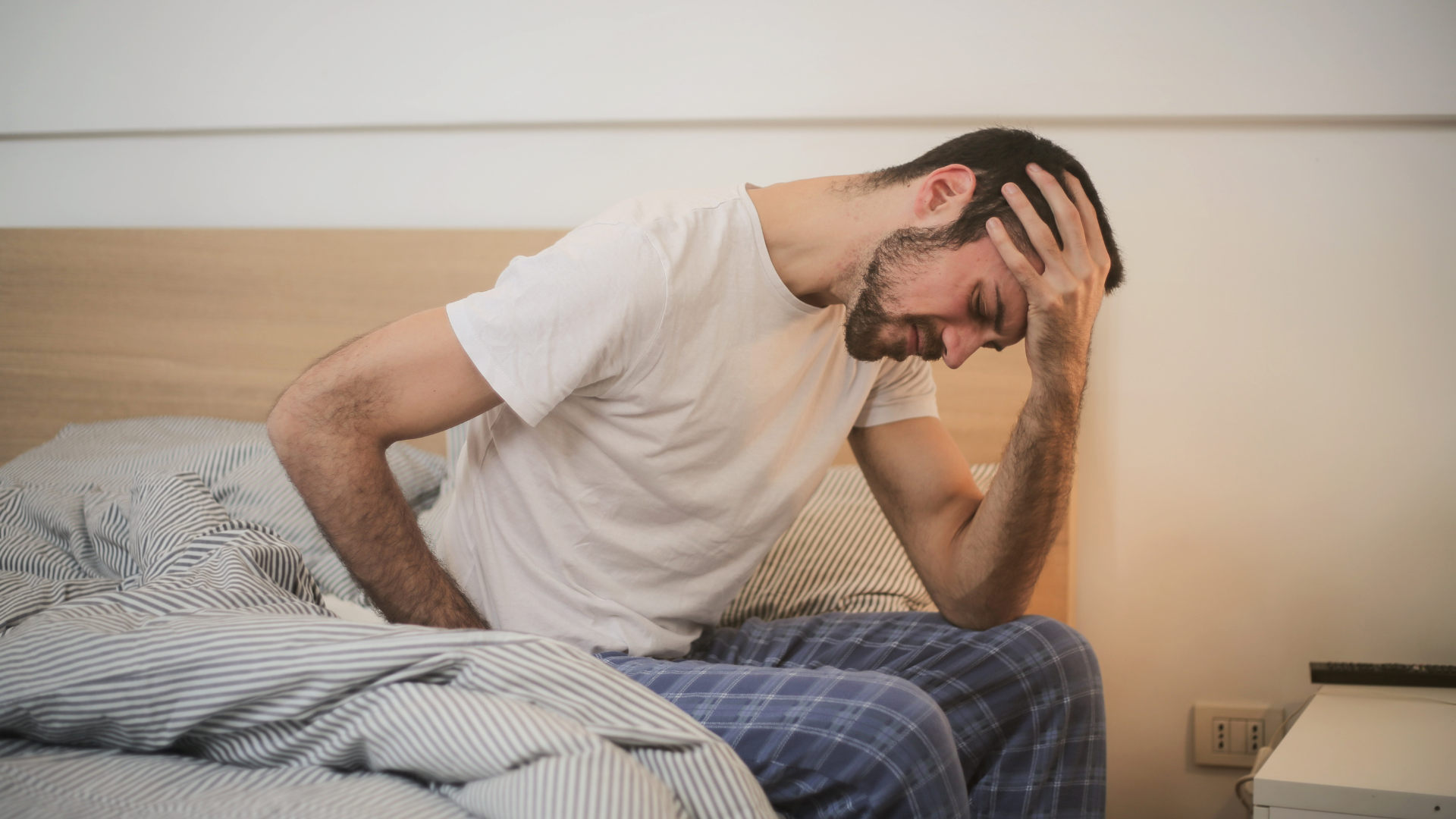
Sleep-Related Eating Disorder
This is also known as nocturnal sleep-related eating disorder (NS-RED), this is where patients will eat as they sleep, typically taking in more than half their food intake at nighttime.
They wake up to go and eat and then fall back asleep, not aware of what they have done when they wake up fully in the morning, so this can be considered as sleep walking to eat.
Patients who deal with this will develop weight gain as well as diabetes.
Narcolepsy
This is quite a common one, however, it is still classed as a serious sleep disorder that will affect 1 in 2,000 people.
To define narcolepsy someone will experience excessive daytime sleepiness, cataplexy (loss of muscle control), hallucinations, and sleep paralysis.
The line between being awake and sleeping is blurred with narcolepsy, so when someone is awake they may feel the effects of sleep.
The cause for this is said to be because of a lack of hypocretin in the brain which is supposed to help the body with its sleep-wake cycle.
Whilst there is no cure for people with narcolepsy, there is treatment available to help with managing the symptoms so that patients are able to live their lives in the best way that they can.
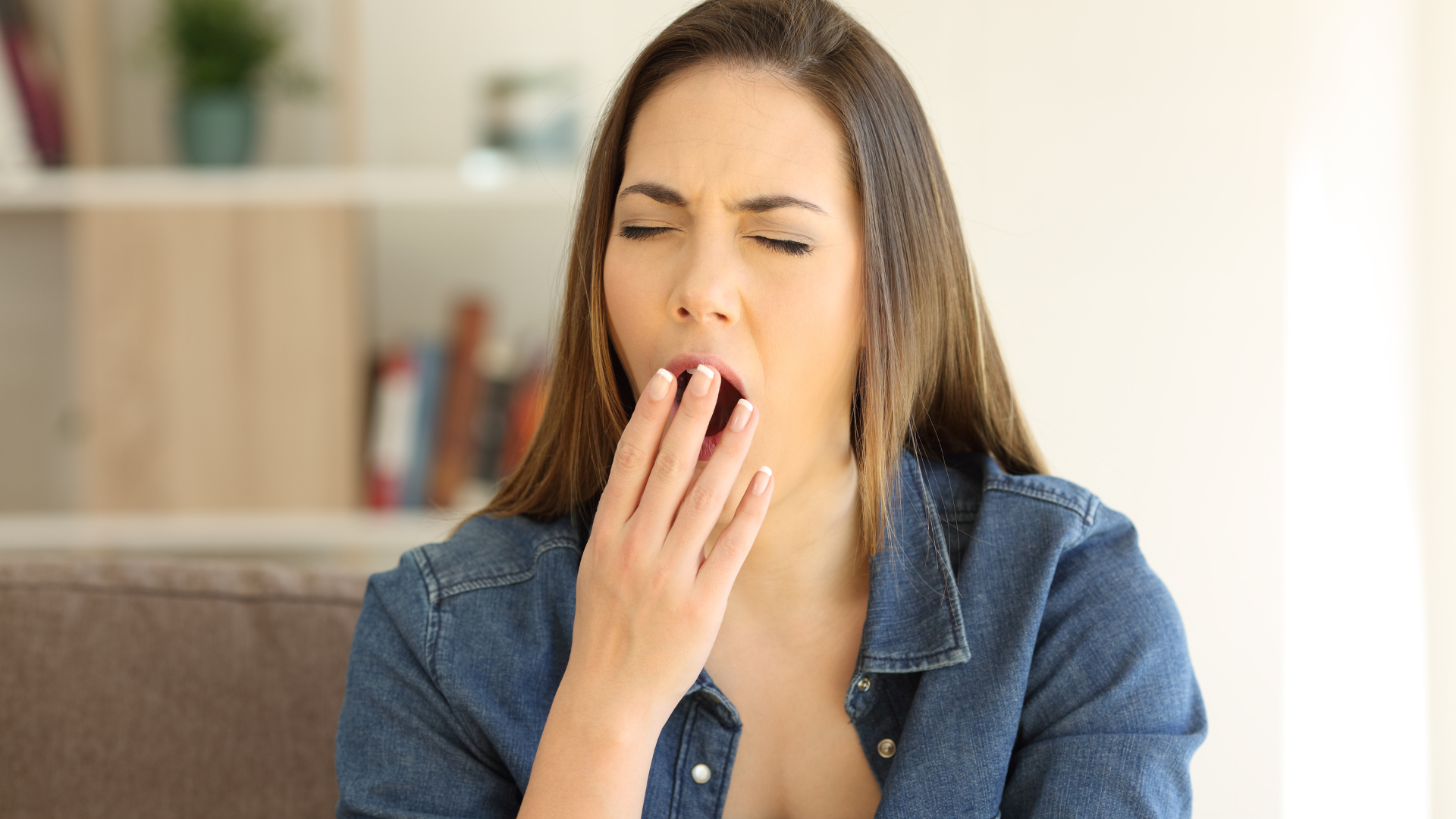
Delayed Sleep Phase Syndrome
People who go through sleep disorders may do so because of an issue with their circadian rhythm which is our body’s way of regulating our natural sleep-wake cycle also known as our internal clock.
Delayed sleep phase syndrome is also known as circadian rhythm disorder which is where people will start sleeping later than most and wake a lot later too.
So, if someone is able to fall asleep around 1-4 am, they will more than likely wake up around midday.
People who have this can operate normally and they can sleep well, they just don’t work within normal hours which can be hard with 9 to 5 jobs and living a standard life.

Conclusion
Hopefully, you have learned more about some rare sleep disorders today and you will take the time to look up other neurological disorders that have an effect on sleep.
We haven’t covered everything as there are still quite a few out there that you may find interesting such as obstructive sleep apnea and idiopathic hypersomnia, but they are there for you to take a look at if you would like to dive even deeper into the different sleep disorders.
Remember, if you think that you may have an issue with your sleeping, or a loved one has brought up a problem, always go to a doctor to be tested as you never know what it could be, so it is essential that you cover all your bases.

